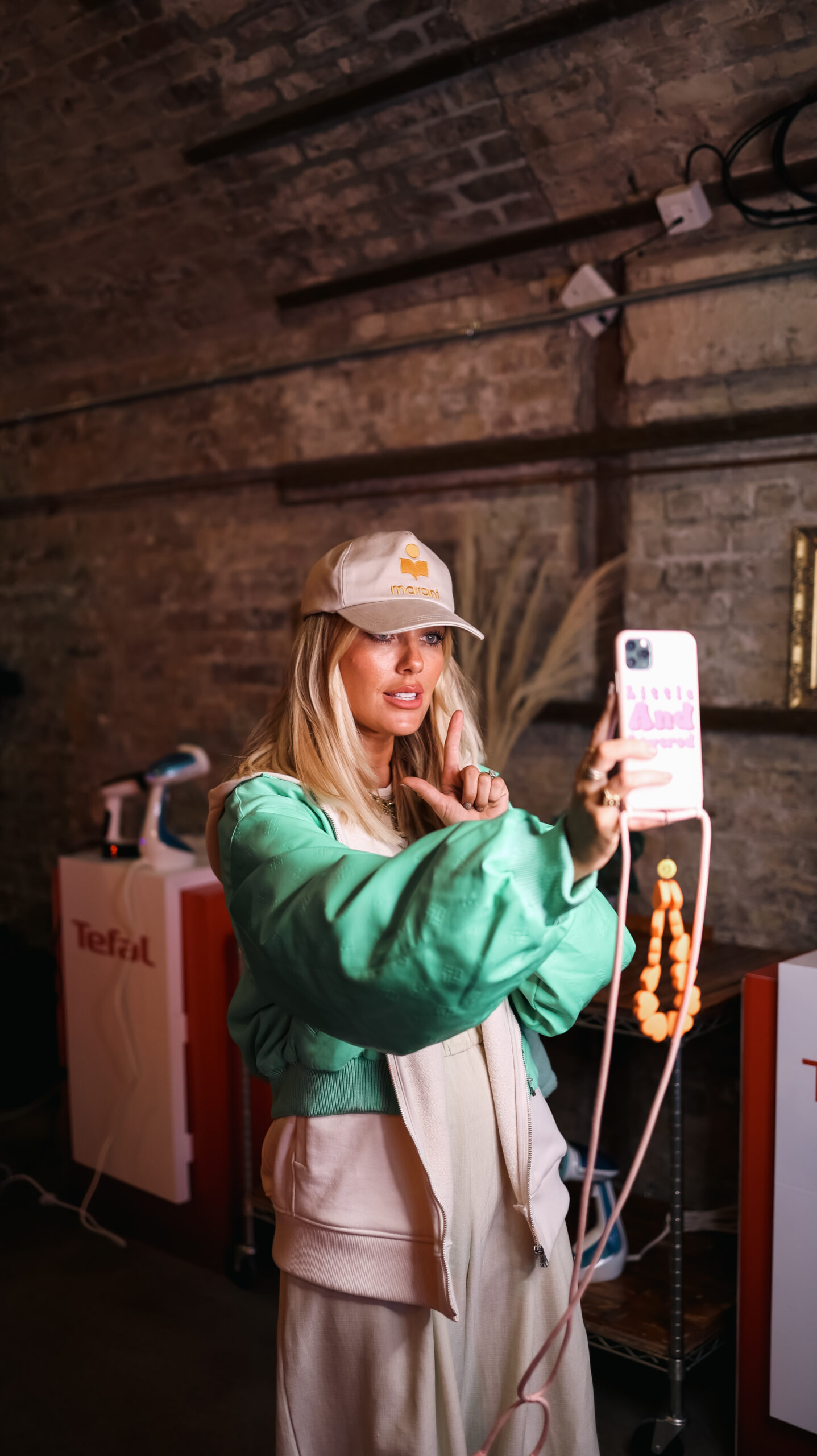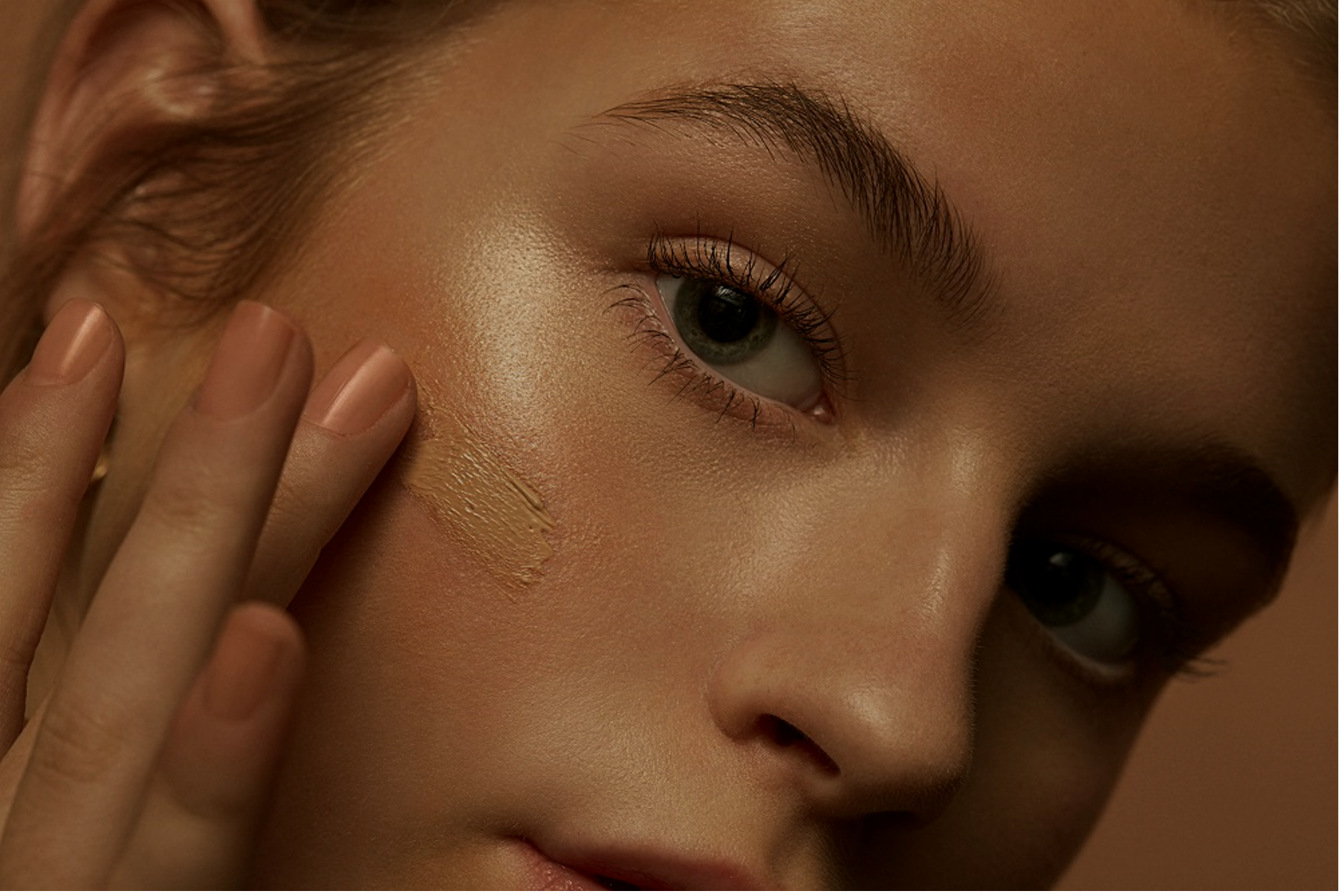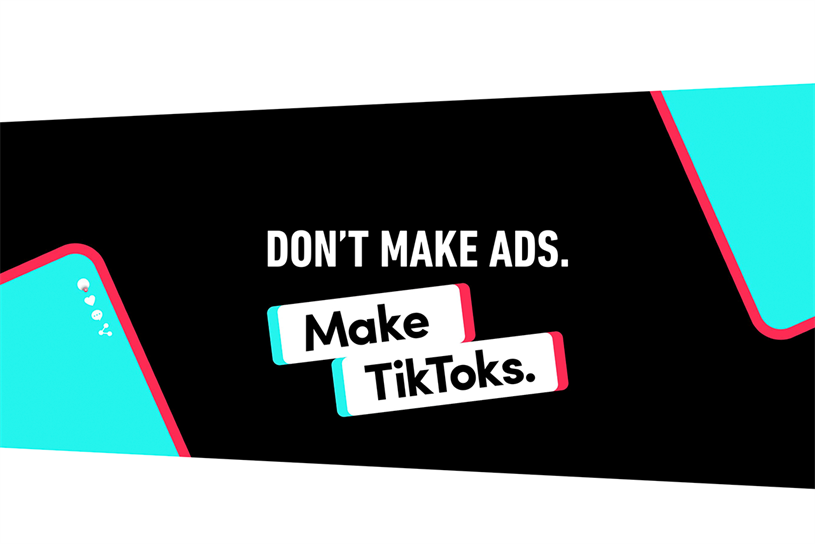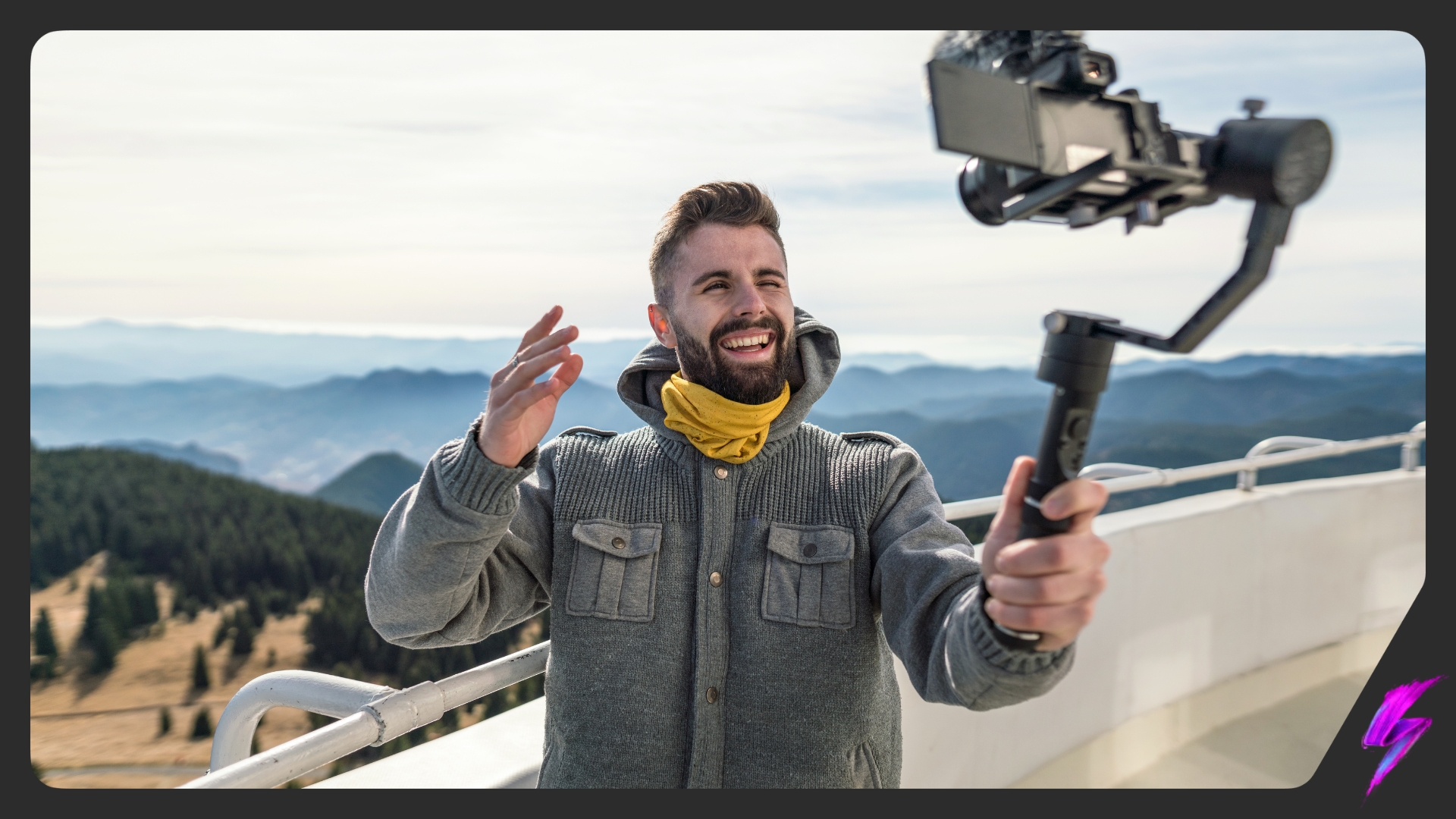Move Aside Creators, Athletes Are The New Influencers
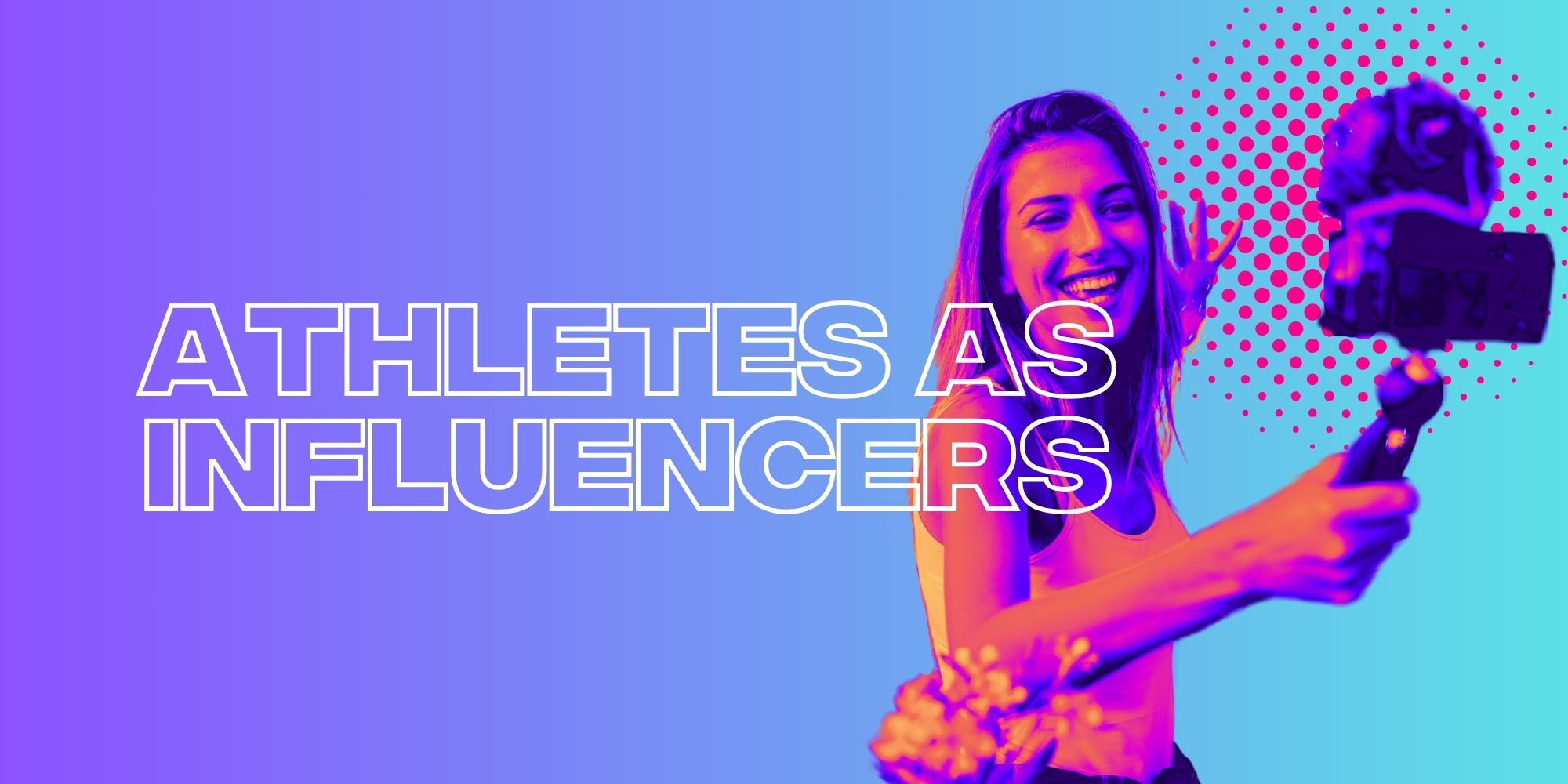


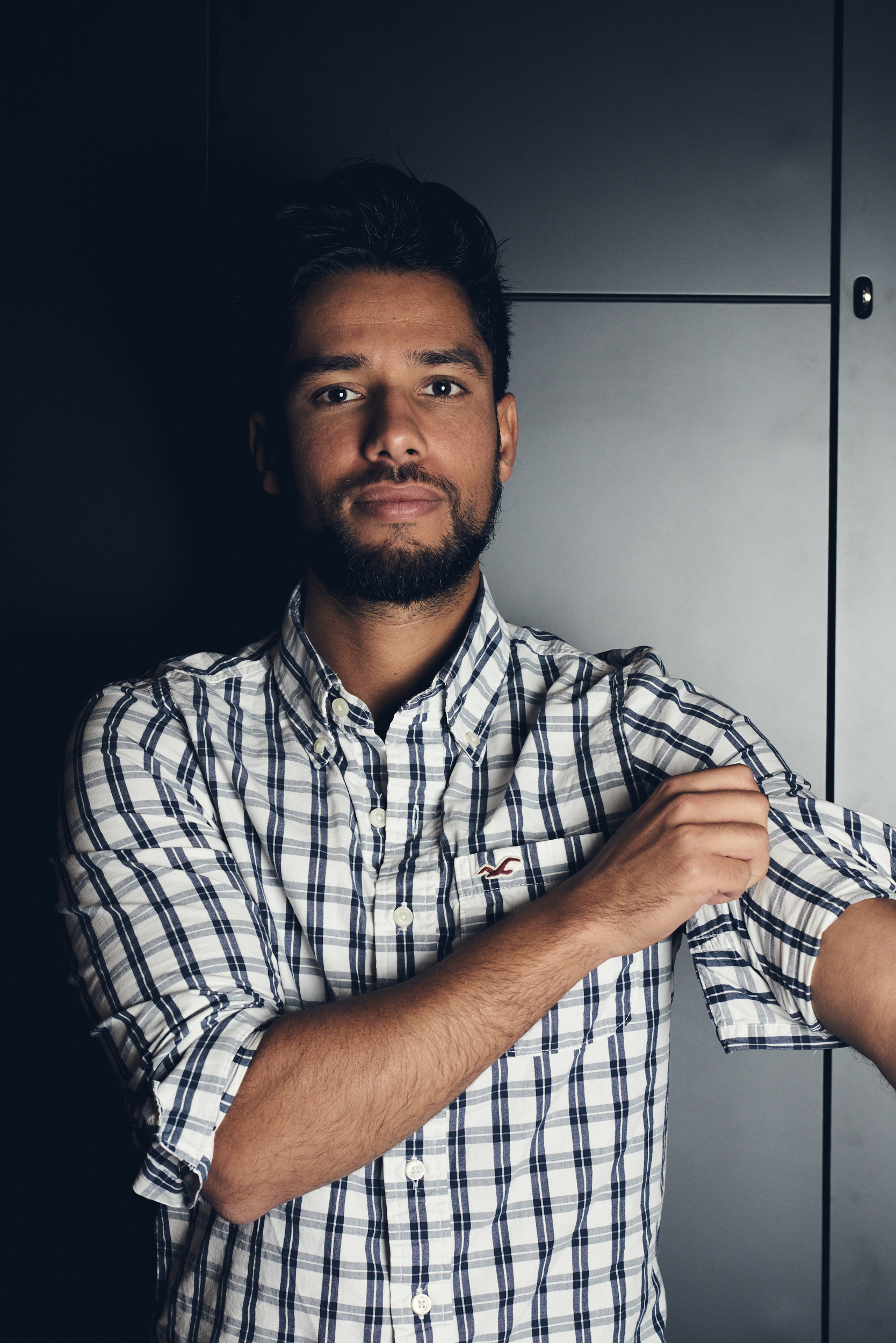



What makes an influencer?
An air of elitism? A sense of untouchability? Maybe five years ago, but these days authenticity is the hallmark of a successful public persona.
For the modern consumer, the most attractive quality to have in a public figure is a sense of realness. People want their influencers to feel tangible and down to earth, with their feet firmly on the ground.
Whilst the celebrity athletes of years past used to make their millions off their mythical status – think, Michael Jordan – these days the most successful athlete influencers are those who show the less than glamorous side of things to their audiences.
In recent years, athletes such as Simone Biles and Ilona Maher have skyrocketed to internet fame and stepped into the category of influencer. Their ability to connect with audiences on a genuine level and build a loyal fan base makes these athletes incredibly valuable to brands.
But why now? Why is authenticity suddenly the key to audiences’ hearts? More than this, why have athletes shot into the influencer arena so effectively?
@ilonamaher I guess i have to watch #prideandprejudice again
♬ Marianelli: Dawn – From “Pride & Prejudice” Soundtrack – Jean-Yves Thibaudet
Where did athlete influencers come from?
The rise of athlete influencers has been slowly creeping up on us for decades.
From the moment Nike decided to partner up with Michael Jordan, the way that athletes interacted with consumers was forever changed. The success of the Jordan-Nike partnership showed brands how effective working with athletes can be.
Their loyal fan base and strong emotional connection with their audience make athletes the perfect influencers. As such, brand partnerships with athletes became the norm. From Serena Williams working with Gatorade to Shaq working with every brand in America, athletes became the faces of products left, right and centre.
Yet, a cultural shift has occurred in the past few years. Rather than simply partnering with brands as a side gig, athletes have transitioned into becoming influencers in their own right; with huge followings on social media and fans loyal to their content and personal journey, not just their sport.
Ultimately, the changing face of athletes on social media can be pinned on changing name, image and likeness (NIL) rights, as well as shifting social media policies at the Olympics. These factors, when combined with growing desire for humanity on their screens from consumers, has given birth to athlete influencers as we know them.
@tomdaley GRWM to fo to Maya’s Rimmel PARTY! @rimmellondon #rimmelsummerfest #rimmellondon
♬ Popular – From The Idol Vol. 1 (Music from the HBO Original Series) – The Weeknd & Madonna
NIL Rights
You may have noticed that the vast majority of athlete influencers making waves out there on TikTok and the like are college athletes; but this has not always been the case. Just two years ago including college level athletes in brand partnerships and allowing them to monetize their NIL was a big no-no.
However, recent changes to the National Collegiate Athletic Association rules and regulations have meant that college athletes are now able to profit from their NIL.
As such, the vast majority of college athletes have taken this opportunity to build up their social media presence and enter into brand partnerships. Given their young age, these athletes have proven incredibly successful at growing their social media followings and speed running the athlete-influencer pipeline.
In fact, the money to be made as a student-athlete through NIL deals is enough to keep many of these influencers from going pro. For example, UNC-Chapel Hill Basketball player Armando Bacot has been quite vocal about his intentions to extend his degree in order to keep earning six figures through NIL deals.
https://www.tiktok.com/@brevingalloway/video/7276873389271321902?_r=1&_t=8hbIseEzpvF
The Olympics
In the past, the world of the Olympics was kept a secret from us regular folk.
Aside from watching the games on your TV, we were rarely gifted with glimpses of the behind the scenes action, nor any personable moments from athletes.
Yet, ahead of the Tokyo 2020 games – presumably after realising social media is a sure fire way to increase viewership – the IOC eased up their social media guidelines; going as far as to encourage athletes to “share their experiences” online.
As a result, our phones quickly became flooded with Olympic content. To everyone’s surprise, the athletes were hilarious. From showing off the now infamous anti-sex beds, to drooling over the swim teams, our feed became filled with videos akin to a group of freshmen away on their first overnight school camp.
Olympians from around the world grew to influencer status overnight and many have continued to uphold this status long after the games have ended.
A fantastic example is Ilona Maher. Maher, who plays for the USA women’s rugby team, found fame on TikTok through her behind the scenes footage of the Olympics and off the cuff humour. However, it was Maher’s willingness to address issues such as discrimination and sexism in women’s rugby that have made her a favourite on social media.
Ultimately, the 2020 Olympics proved two things. One, that athletes have the ability to connect with younger audiences on TikTok, and two, that their position as athlete influencers is a branding goldmine.
@simonebilesowens worlds selection camp 2013🫱🏾🫲🏽2023 #teamusa #fyp #gymnastics #gymnast #professionalathlete
The movement to authenticity
Whilst shifting NIL and IOC guidelines have had a supreme impact on the way that athletes act on the internet, their new ascension to influencer status is largely due to, and indicative of, a broader trend.
Simone Biles, for example, uses her TikTok to share ‘get ready with me’ videos, and talks about the difficulties of being an athlete. From videos of her going on dates to hanging out with her friends, Biles comes across as a genuine human being.
It is this sense of authenticity, in its stark difference to the traditional, robotic athlete image, that appeals so strongly to consumers.
In recent years, there has been a serious lack of sports uptake, particularly in girls. This is largely due to the fact there hasn’t been a relatable idol for them to look up to. Instead of having a figure girls could identify with, athletes have traditionally been focused on sharing their gruelling training routines and restrictive diets (apparently the key to success in sports) which isn’t exactly the most appealing.
However, athletes now have the opportunity to really raise the curtain between stage and audience. While showing the more challenging side of being a professional athlete is important, they can be more personal with it. They can show the reality of being in a team, having camaraderie with a group of people who became a family, the highs of scoring a new personal best, the lows of injury recovery, and so much more. It’s these seemingly small moments that help people genuinely connect and be inspired.
Another unique opportunity athlete influencers have, particularly female athletes, is the chance to shed light on the discrimination and sexism regularly faced—particularly within team sports. Many girls lose interest in sports because they lack confidence, fear being judged, or because of their menstrual cycle.
Athlete influencers can share their own experiences and tips on how to maintain confidence in sports, and how to handle the monthly difficulties. This type of content would require a level of vulnerability, but with that vulnerability comes authenticity. And from this authenticity can come a new generation of athletes.
This shift towards a vulnerable and authentic inspiration isn’t new. For several years now marketers have been noticing a large shift in what consumers want from influencers. Modern consumers want influencers and brand partnerships that are genuine.
A recent survey by Matter Communications found that only 11% of respondents like celebrity influencers, which is a decline from the previous year’s 22%. On top of this, the same study highlighted that 39% of consumers desire authenticity above all else.
But what’s caused consumers to turn their backs on the elite-ism that made the likes of Michael Jordan so famous?
@anna.x2_ Still dabbing on all the haters #hockey #beijing #olympics #fyp
Unfortunately, there does not seem to be one single factor to point our fingers at.
Some claim that consumers have become overwhelmed by the sheer amount of sponsored content from influencers (including athletes) and are desperate for content that has real value. With seemingly every video on the internet at this point having some form of sponsorship, content that feels real is hard to come by.
Others believe that the low barrier for entry on social media has made anyone and everyone into an influencer. Apps such as TikTok and Flip see everyday people taking on influencer roles and actions. As a result, everyone’s an influencer; making influencers null void. In this new landscape, influencers who chose to stick to more traditional tactics stick out as fake and unbecoming.
Whatever its cause, the fact of the matter is consumers want genuinity from their influencers.
Athletes who are able to move away from reinforcing their position as an elite through social media and instead reconnect with their humanity are incredibly successful; as seen through their ability to gain internet traction during the 2020 Olympic games and the increasing popularity of athlete influencers on social media.
As we move into 2024, we are sure to see this demand for authenticity grow exponentially. We have made it through the trenches – 2017 rectangle brows, Snapchat filters on every single selfie, the hell scape that was Tumblr in 2013 – and it’s time to make our way back home.
We'll show you how to start powerful conversation, drive social engagement, build your brand, hit sales targets or meet other goals you have, wherever you are in the world.
Work with us









